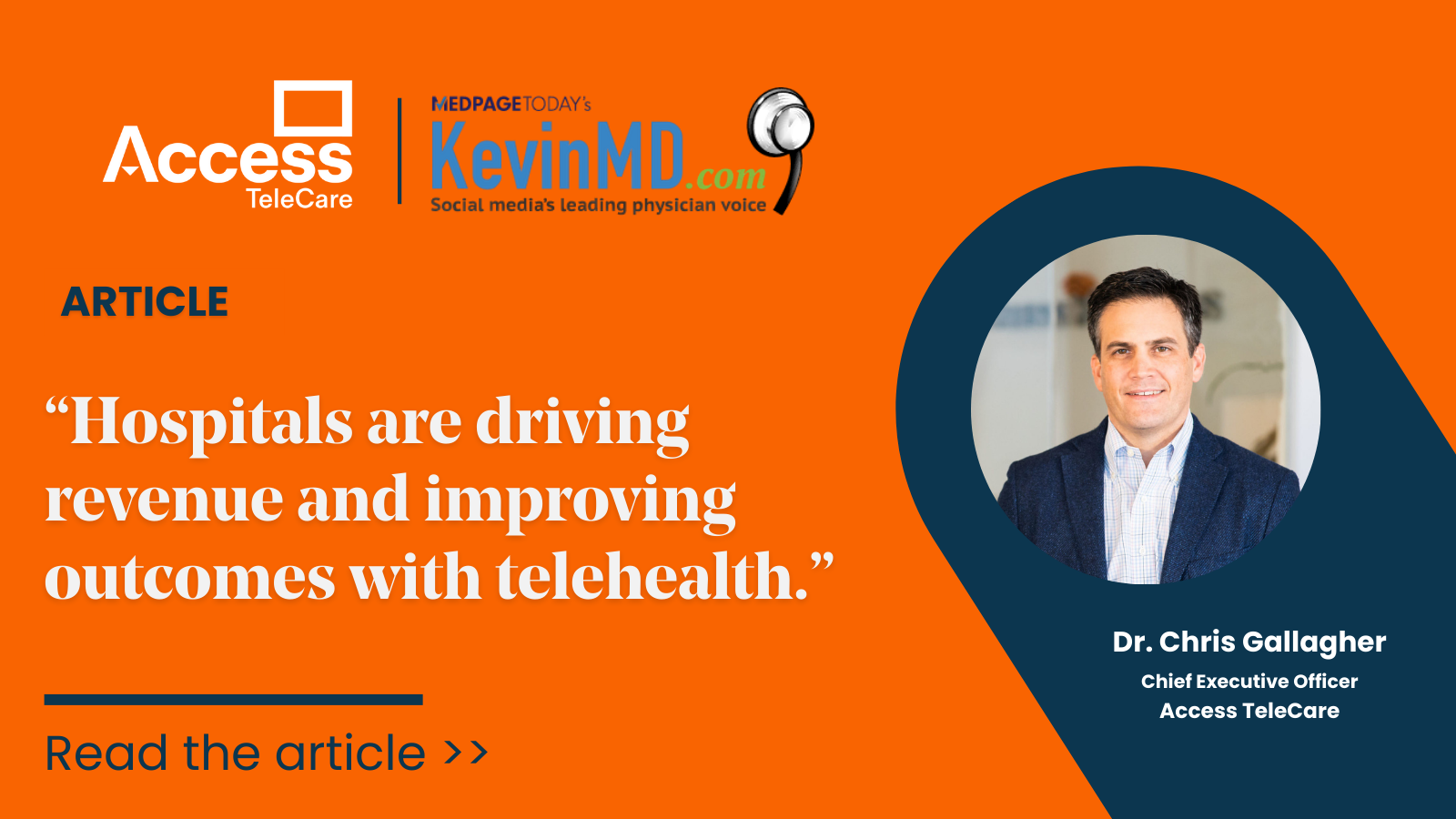As the death toll from opioid overdose increases — with more than 130 daily opioid deaths in the U.S. — combating this national emergency becomes increasingly urgent. Government and public health officials have jumped in the fight, seeking to find effective ways to address our national opioid epidemic. One of the ideas being explored is how telemedicine can help solve the opioid crisis.
By its very nature, telemedicine presents new pathways of care. It can expand access to care while efficiently leveraging limited healthcare resources. Case in point: its ability to connect physicians with patients in rural communities—areas hit especially hard by the opioid crisis due to lack of appropriate care and/or certified providers. Today, telemedicine enables patients struggling with opioid use disorder (OUD) to instantly interact with mental health professionals from wherever assistance is required, rather than having to drive to a physician who may be hours away. This immediate point of care has proven crucial to patients with various behavioral and mental health issues and can produce similar results for those with OUDs.
Access TeleCare General Manager of Psychiatry, Dr. Avrim Fishkind, recently shared with Inside Digital Health his thoughts on how telemedicine can help address our country’s opioid epidemic. In a contributed article, Dr. Fishkind discusses how:
- New legislation supports telemedicine as a viable tool in the fight against opioids;
- Telemedicine expands access to medication-assisted treatment (MAT) for opioid use disorder treatment; and
- Telemedicine can be used to supercharge the three leading pilot models for the treatment of opioid addiction.
Read the full article here: How Telemedicine Can Better Address the Opioid Crisis.








